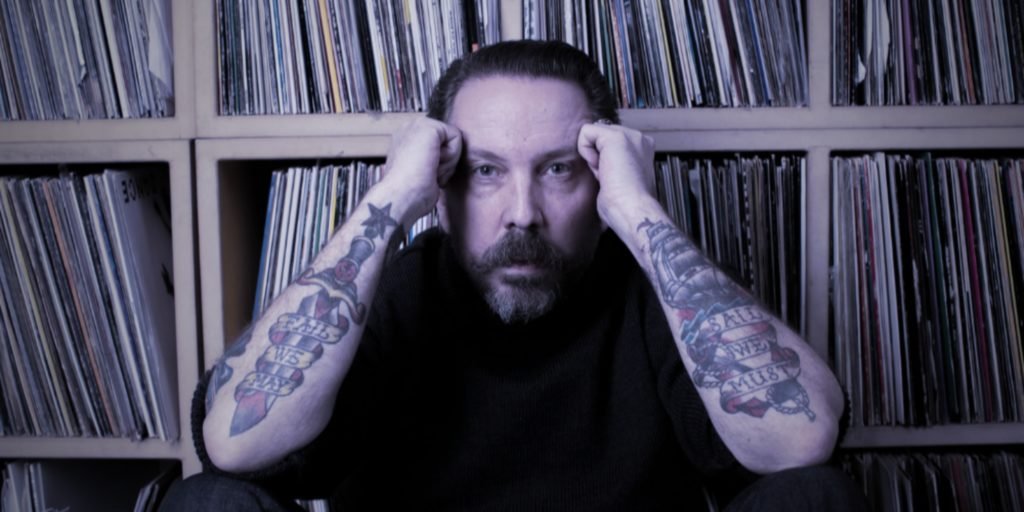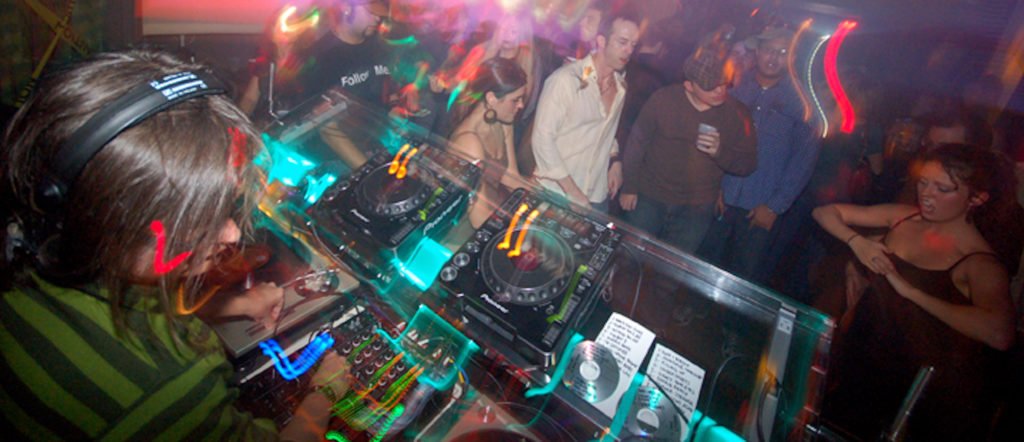Our ‘strange times’ lockdown has inspired many artists and DJs to create ambient mixes. These mixes help calm the thoughts and nerves of others, especially those not used to working from home for long stretches. But it’s safe to say these mixes also serve the DJs creating them — something is reassuring and meditative in compiling a set focused on texture rather than beats.
My good friend Boris, DJ’ing as Onlee and running the cool experimental techno label Lichen Records, has undoubtedly delivered on both results with his United Isolation Ambient Mix. It’s nearly four hours long and reaches into selections that aren’t too dark or dramatic but never dull. There’s no tracklist, but, honestly, keeping tabs on the songs would distract from treating this as one long evolving soundscape.
I’ve played this in the home office for the last few days, and it’s effectively kept rogue brainwaves at bay. So, yes, this mix is a suitable prescription for strange, unsettling times.




